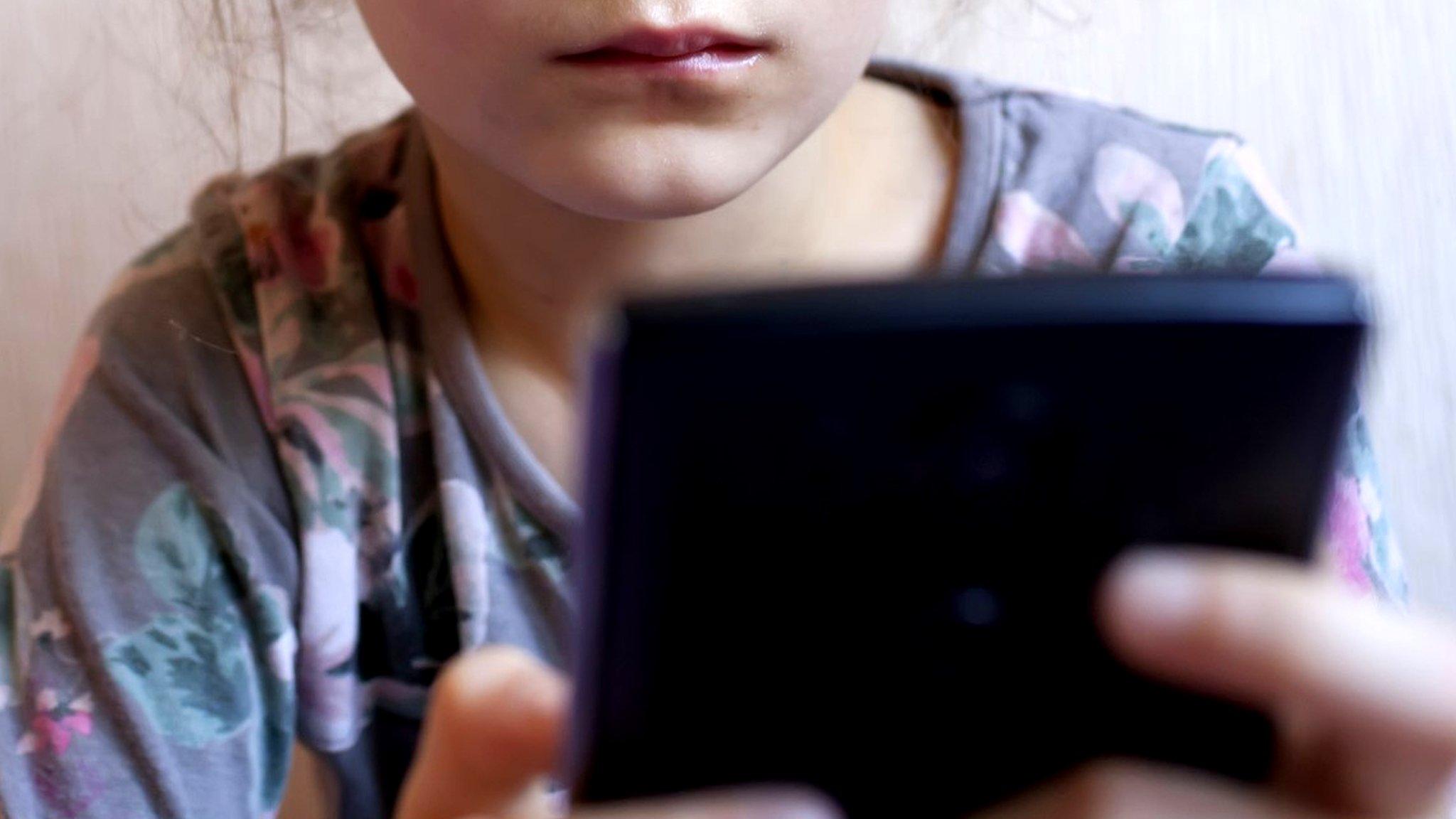Coronavirus: Child abuse calls to NSPCC up 20% since lockdown
- Published
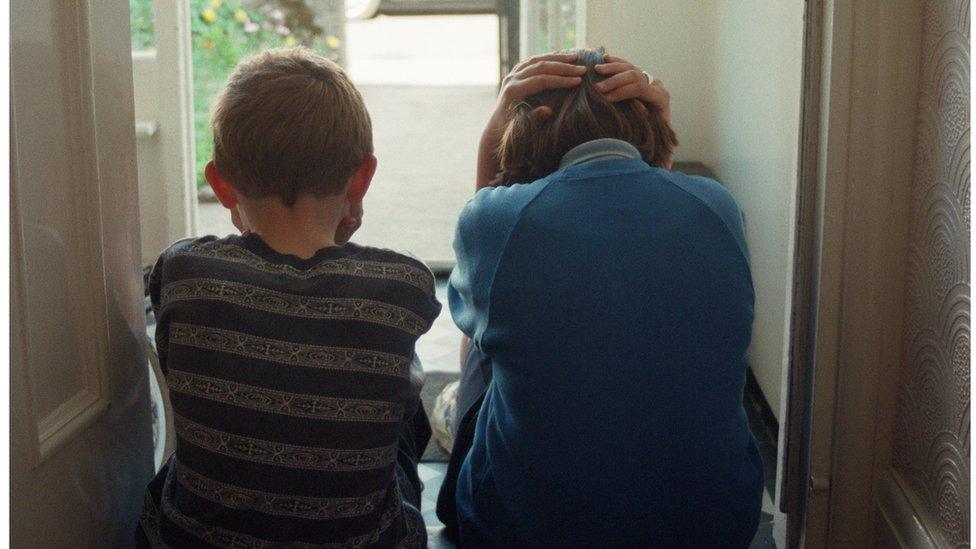
There has been an almost 20% rise in calls to the NSPCC since the start of the coronavirus lockdown from adults concerned about child abuse.
Figures show calls about children facing potential emotional abuse rose from 529 to 792 in the first month since government measures were imposed.
Calls could be from neighbours, extended family or delivery drivers.
Overall calls rose from 1,867 in the four weeks before lockdown to 2,216 between 23 March and 19 April.
The NSPCC fear lockdown could be intensifying abuse as schools and other spaces remain closed.
One caller told the charity she heard "screaming and shouting" from a neighbour's home.
"I approached the boy and asked if he was OK and he replied, 'Does it look like I'm OK?'" they said.
Bethan, not her real name, suffered emotional and physical abuse from her father.
After a recent car crash, she was diagnosed with post-traumatic stress disorder which brought back the traumatic memories of childhood.
From the age of six, she said she was tormented by her father.
"It would be anywhere from a slap to a push down the stairs, it was always forceful," Bethan, who lives in north Wales, said
He would ensure marks never showed.
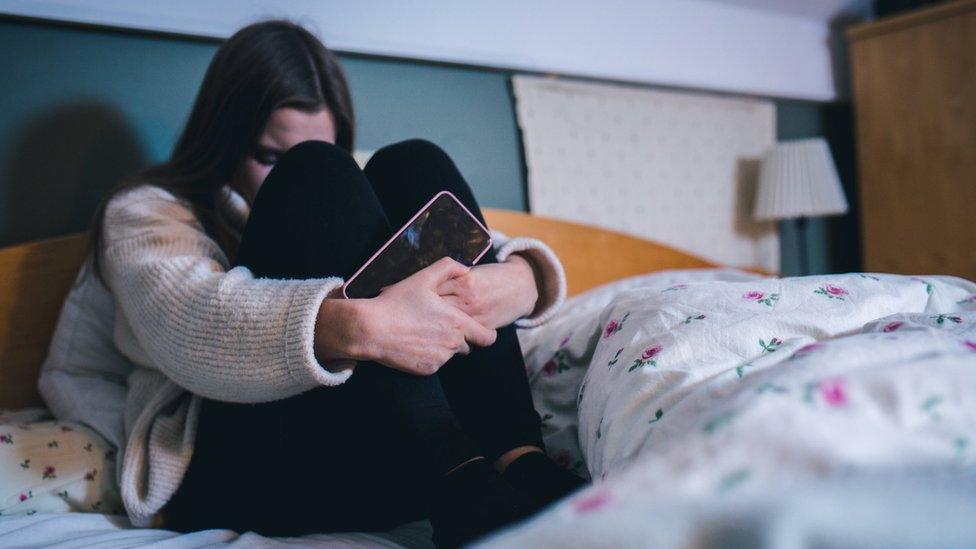
Figures show calls about children facing emotional abuse rose 50%
Bethan recalled her hand being put on a table and, using a knife, her father would stab the knife into the spaces between her fingers, increasing the speed as he did.
"That was an emotional trick because you knew as soon as you flinched you were getting stabbed," Bethan said.
She also said he "wouldn't think twice" about holding a knife across her throat.
"It was his way, I think, of having that control over you. When it's happening on a daily basis, you just get accustomed to it and it's just normal."
Bethan is concerned for those experiencing similar issues at home now.
"To be stuck inside at a point like this, it's got to be terrifying, and it just gives me chills to even think about being back in that position and being stuck in that home for so long," she said.
The new figures come as the British Association of Social Workers (BASW) said personal protective equipment (PPE) access for its frontline workers was still "patchy" across England, Wales and Scotland and was "having an impact on how the profession is able to function".
BASW is concerned social workers are struggling to get into homes, due to a combination of a lack of staffing, PPE and social distancing.
Allison Hulmes, national director of BASW Wales, said: "We are concerned that social workers are struggling to get into homes, and what the potential impact of that may be in future."
NSPCC chief executive Peter Wanless said: "The longer the lockdown goes on, the more intense and at-risk children are if they are invisible to the outside world.
"Reports we're getting around emotional abuse, in particular, are rising so that is troubling."
Health and social care are devolved across the four home nations.
The Welsh Government said safeguarding the vulnerable was "paramount" and social services teams have "remained in close contact" with those they support.
"Where social workers are working in environments where social distancing cannot be maintained, a risk assessment on the use of PPE should be undertaken," a spokesman said.
The Scottish Government said it had "agreed an improved model to extend access to NHS stocks of PPE to all social care staff." while the UK Government said it was "working around the clock to ensure PPE is delivered as quickly as possible to those on the frontline".
BASW said the PPE situation was different in Northern Ireland as social workers were employed by the health trusts.
Anyone who is concerned about a child's wellbeing can contact the NSPCC Helpline for advice and support on 0808 800 5000 or via help@nspcc.org.uk
- Published8 March 2020
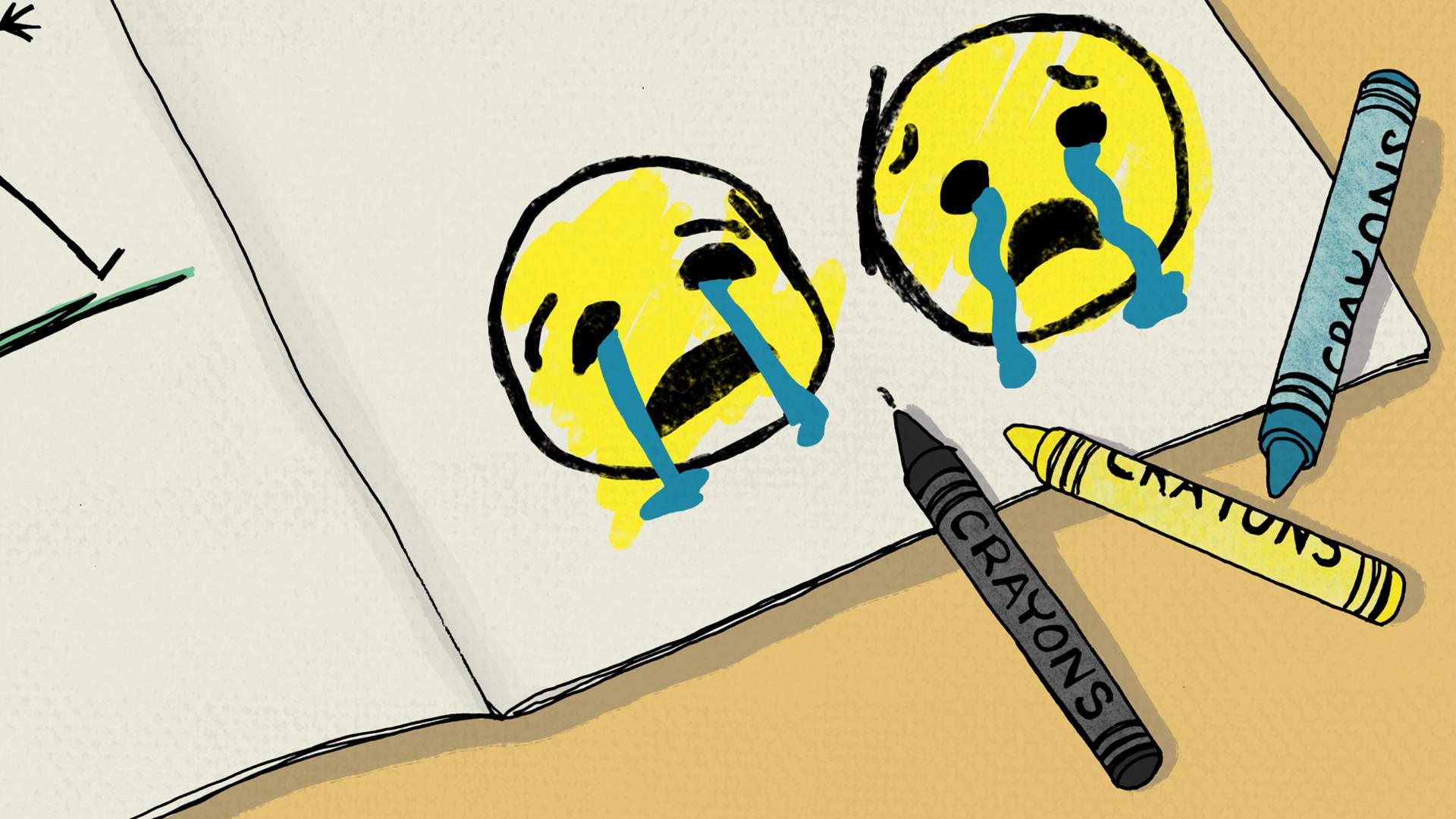
- Published14 February 2018
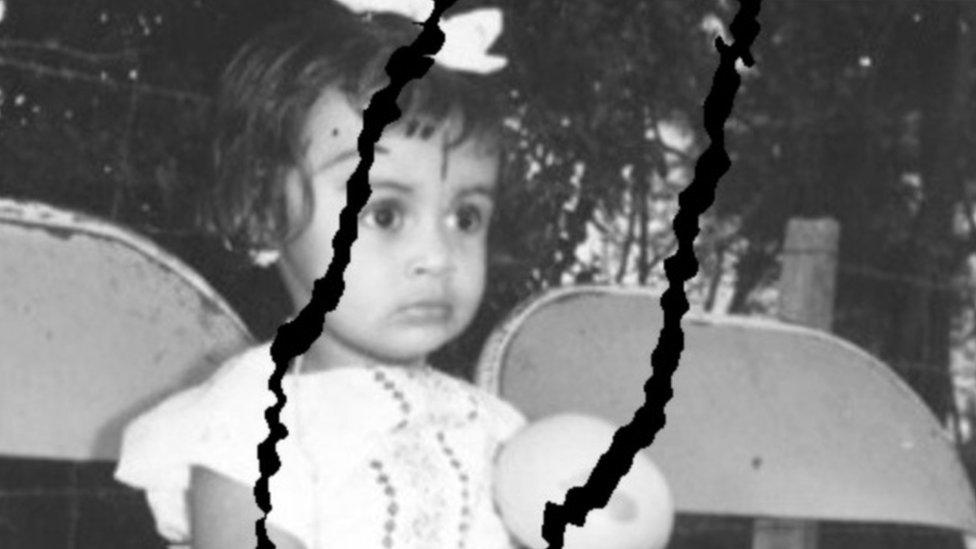
- Published12 March 2020
